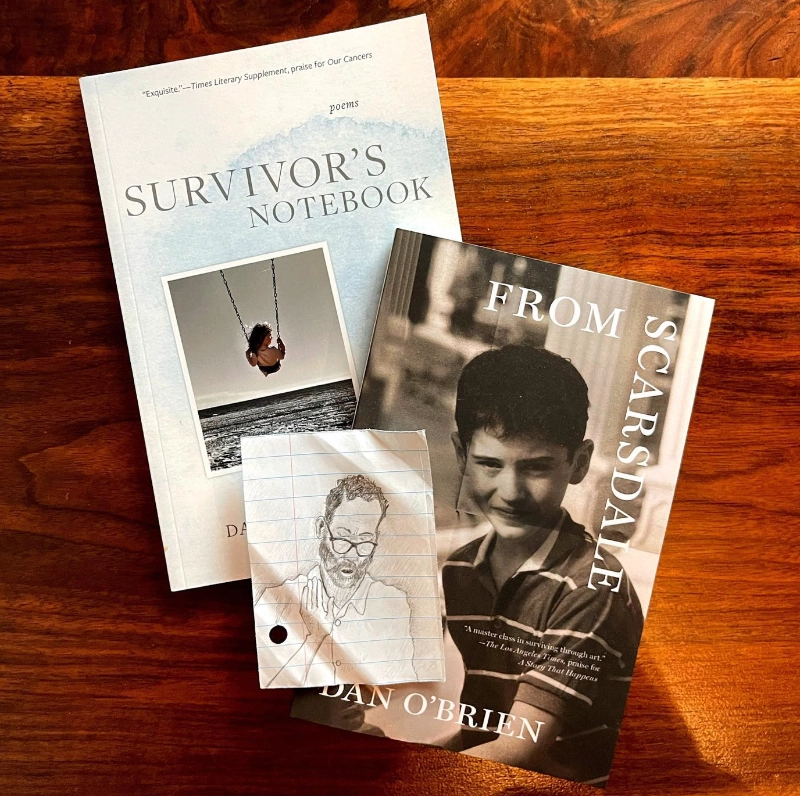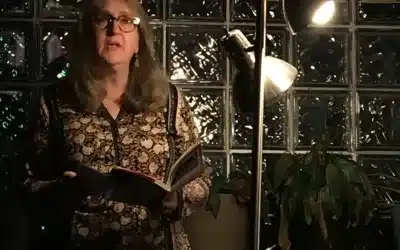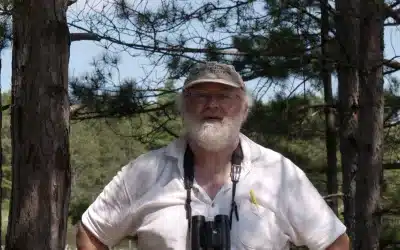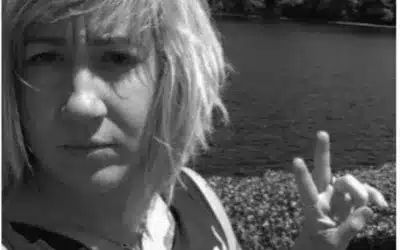Dan O’Brien is an internationally produced and published playwright, poet, and nonfiction writer whose recognition in playwriting includes a Guggenheim Fellowship and two PEN America Awards. O’Brien’s poetry collections are the newly published Survivor’s Notebook (Acre Books), Our Cancers (Acre Books), Scarsdale (Measure Press & CB Editions), New Life (Hanging Loose Press & CB Editions), and War Reporter (Hanging Loose Press & CB Editions), which in the UK received the Fenton Aldeburgh Prize and was shortlisted for the Forward Prize for Best First Collection. O’Brien has frequently taught playwriting at the Sewanee Writers’ Conference; a collection of his lectures from Sewanee, entitled A Story That Happens, was published by CB Editions in the UK and by Dalkey Archive Press in the US in 2021. This year Dalkey Archive will publish his memoir, From Scarsdale: A Childhood, as well as a collection of his plays, True Story: A Trilogy. In early 2024 CB Editions will publish his play Newtown, to coincide with the play’s premier at Geva Theatre Center, and Poetry London will publish his pamphlet Flying on Easter. O’Brien lives in Los Angeles with his wife, actor and writer Jessica St. Clair, and their daughter Isobel.
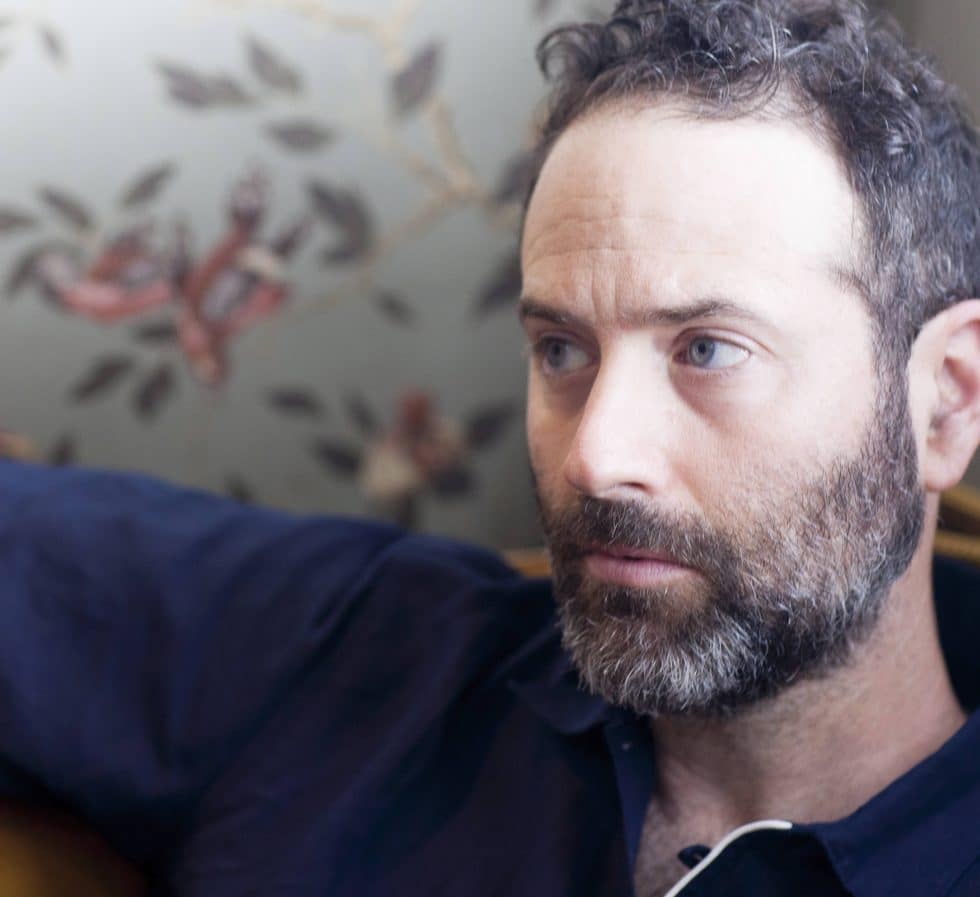
Hanging Loose Press: What are this past year’s accomplishments that you are most proud of?
Dan O’Brien: I’m proud to be publishing three books this fall: Survivor’s Notebook, prose poems and photos (Acre Books); From Scarsdale, a childhood memoir (Dalkey Archive Press); and True Story, a trilogy of plays (also Dalkey Archive Press). The books overlap considerably, as they’re all deeply personal responses to trauma. Survivor’s Notebook is about reengaging with life after treatment for cancer; From Scarsdale is about growing up in an abusive household, and finding literature and the theatre as an escape; and the plays in True Story are dramatizations of both stories, interwoven with my friendship with the combat journalist Paul Watson (the subject of two of my poetry collections that are published by Hanging Loose, War Reporterand New Life). The three new books were written and revised over many years, but with the urgency of a life-threatening illness. I feel proud, yes, but mostly I feel astonished—and profoundly lucky—that I am alive and able to share these books with readers.
HLP: Three books this fall, did I hear you right. wow! That is quite a schedule. Also, your decision to share with others traumatic experiences of childhood. Can you talk a bit about your decision to do so? And you mentioned how literature and theatre helped your escape. Can you share the literature/theater that helped you through?
DOB: I’ve been writing about my childhood since I started writing as a child. And doing so didn’t feel like a decision so much as a necessity; I felt like I had no choice but to unburden myself of my secrets and my shame if I wanted to survive, emotionally and perhaps otherwise. Exactly how I’ve sought to tell the truth of my childhood has changed over the years, of course. As a young writer I often did so fictionally, especially in my plays, telling stories in which my family and I wore the masks of my characters, where our domestic drama was transposed in time and place. But for the last decade or so I have felt compelled to write in either a documentary or a memoir mode—sometimes both at once.
As for books or plays that helped me through, the list is long. The so-called confessional poets—Sexton, Plath, Lowell—were probably most formative. They wrote about hidden and taboo subjects that seemed to transform their despair into insight, spectacle, music. Then I found the Irish writers. Beckett’s plays were harrowing and humorous and read strangely like an exposé of my family’s psychological pathology. Irish literature helped me through in that it helped me escape—literally, as I decamped for Ireland at twenty-two, to act and write, only to discover how inescapably American I am.
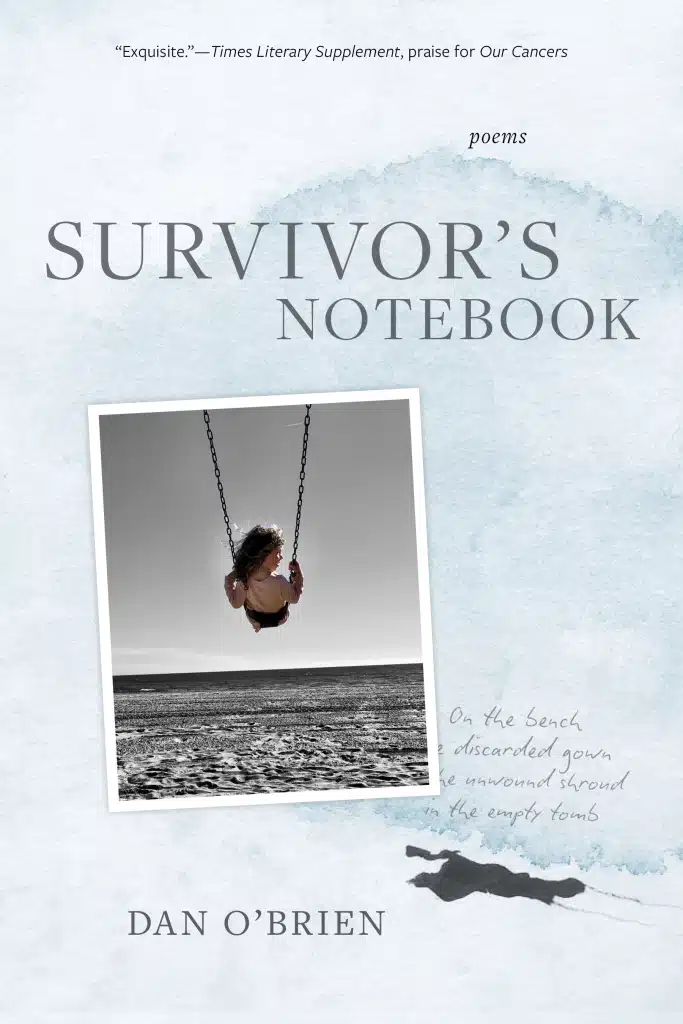
HLP: Any particularly difficult experiences/challenges for you this past or current year? And how did you work through them?
DOB: A challenge that comes up for me on a regular basis is the CT scan that monitors my status post-treatment. When the time comes round again, I find myself grappling with intense anxiety, with intrusive memories and fears. I work through it with my writing, as I’ve always done with any overwhelming stress. Also a healthy dose of denial, and at times a healthier dose of confrontation; being reminded of the precariousness and preciousness of life is not a bad thing. This confrontation with my mortality can clarify my reality: my love for my wife and daughter, the joy and purpose of my practice as a writer, the wondrous phenomena of the everyday.
HLP: I appreciate your honesty in naming the hardest struggle with the human condition: our mortality:
“This confrontation with my mortality can clarify my reality: my love for my wife and daughter, the joy and purpose of my practice as a writer, the wondrous phenomena of the everyday.”
But then you turn it around with such grace and grounding, reminding us of the “wondrous phenomena of the everyday.”
How do you think you came to such a common sense revelation?
DOB: The experience of cancer gave me this revelation—or this reminder. Cancer reminded me more frequently than my “normal life” had reminded me previously. A protracted near-death experience will do that for you; anxieties about the future, concerns outside of your immediate control—all of it seems less real. At least this was the experience for me. I was terrified of course about my medical condition, but I was also more awake to the pleasures and beauty of the present moment, realizing it could all go away quickly. I try to hold on to that heightened awareness in my life post-treatment; I try to remember what nearly dying taught me.

HLP: What are three books you’ve read recently that have made an impression on you?
DOB: At the moment I’m reading The Hinge of a Metaphor (Vanguard Editions, 2023), a wide-ranging, stimulating collection of personal essays by writers on films that have haunted, fortified, altered them. (I’m cheating a bit here—I have an essay in the book about Amadeus and sibling rivalry.) Two recent poetry collections have stayed with me: High Desert (Bloodaxe Books, 2022) by André Naffis-Sahely, a brilliant, impassioned, sardonic encounter with California and its history (which means also an encounter with America and its history); and The Kentish Rebellion by Robert Selby (Shoestring Press, 2022), a vivid and theatrical sequence of forgotten history that has a great deal to say about life in both the UK and the US in recent years.
HLP: Any upcoming projects?
DOB: My play Newtown is set to premiere at Geva Theatre in April 2024, directed by Elizabeth Williamson. The play is a docudrama derived closely from primary source material concerning the shooting at Sandy Hook Elementary School in 2012. It’s a difficult story to tell, obviously, but I felt compelled to confront this trauma and thereby confront myself—and theatre artists, and the audience—with the truth of what happened. Not simply as a reminder, but as an interrogation of why it happened, and why it continues to happen. My goal isn’t to retraumatize but instead, in the words of Antonin Artaud, to present a play that functions “like an open door leading [the audience] where they would never have consented to go, in short, a door that opens onto reality.” My hope, as with most everything I have attempted to write, is that an artful engagement with reality might open readers and audiences to the possibility of change.
HLP: The possibility of change sounds like what we need in order to come through the darkness. Can you give us an example of the change you are working on creating?
DOB: I suppose I work to create social change in the usual ways: voting, protesting, donating when I can. I work toward change in my personal life by maintaining and attempting to improve my mental health. I don’t know if my writing can change much of anything for anybody, but I know that the poems, stories, novels, plays of so many others have carried me along, changed my mind and heart and immeasurably improved my life. So when it comes to my recent subjects like child abuse, cancer and survivorship, even gun violence—I’m hoping to be helpful, useful, that’s all.
Find out more about Dan O’Brien at danobrien.org.


